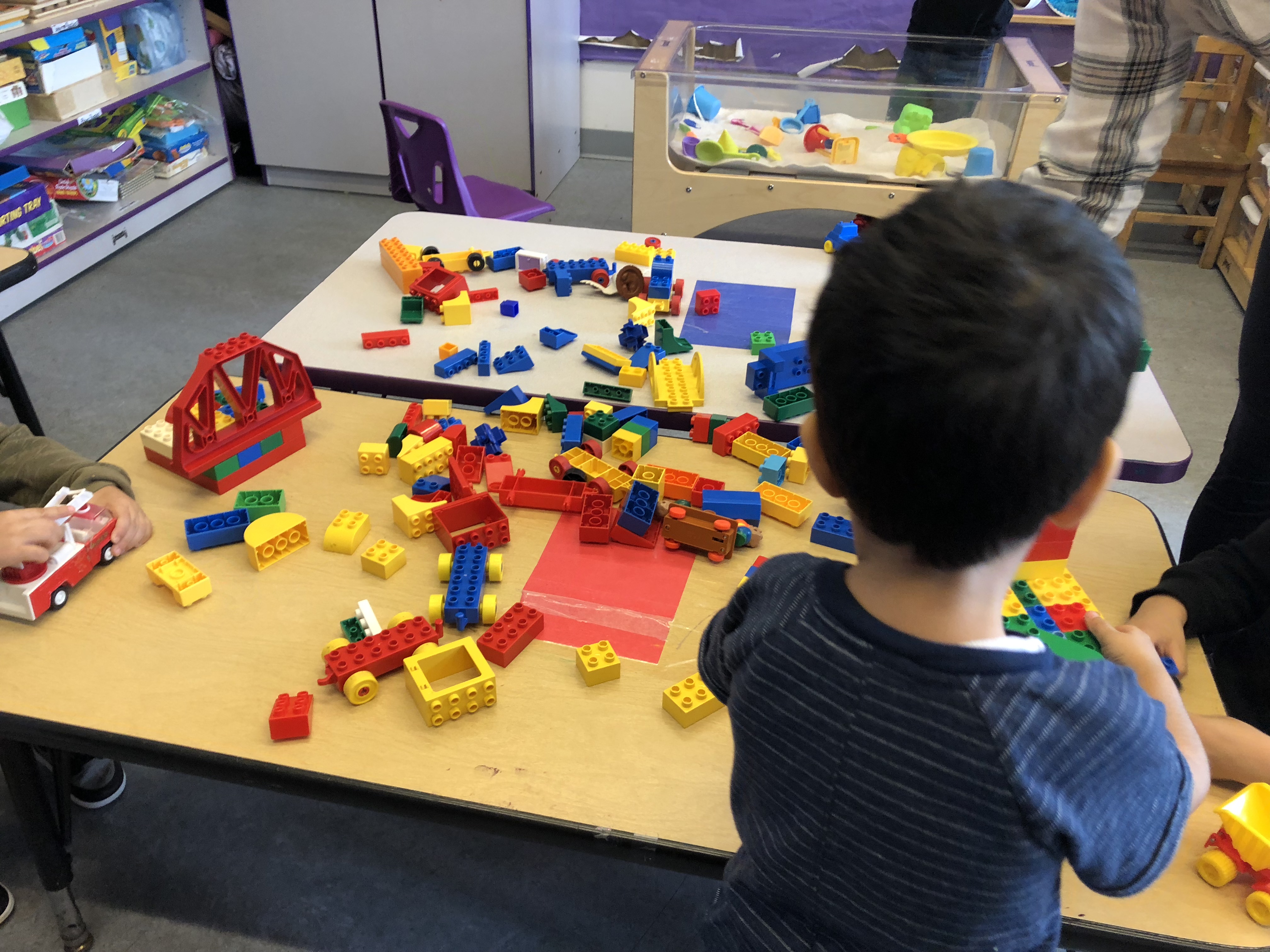Strike A Chord: Teacher Shortage Impacts Success of Special Needs Children

How do teacher shortages impact children with autistm
About 20 percent of children in New York City public schools have disabilities, including autism. As part of WFUV's Strike A Chord series, we took a look at educational concerns for these kids.
Jeanne Alter walks the halls of Kennedy Children Center in Harlem. The school caters to pre-schoolers with varying degrees of disabilities. The walls are covered with painted flowers and the doors are individually decorated to make students feel welcome. Alter says the classes are small -- between six and twelve kids, but they're not all at the same level.
“Grouping children according to their language and social ability are the best way to educate very young children,” Alter said. “Children with autism don’t imitate other children, that’s one of the characteristics of their learning. So, we try to put a mix of children in a classroom, because if you just have eight children in a classroom who don’t imitate each other there’s no imbedded role models.”
Amanda Friedman is the founder and Executive Director of the Atlas Foundation for Autism. She also runs a school for kids with autism. She says it can be a challenge for public schools to accommodate students with special needs because they simply lack capacity.
“To have all of the visual schedules and support that make kids the most successful,” Friedman said. “And the joyfulness, because when you have an overcrowded school, the buzzing bells, and locker combinations to struggle with, all the transitions become the predominate part of the day and all the learning gets lost.”
Jeanne Alter of the Kennedy Children Center, says kids with special needs thrive in smaller classrooms. There are 16 classes at the center. Each class has one teacher and two teacher assistants. But Alter is worried about the future. She says the nation is experiencing a teacher shortage. And she fears there won't be enough teachers to educate kids with special needs.
“We can’t expect them to get to kindergarten if we haven’t given them every opportunity to catch up with their development, because for many of our children, they will go into public school, they will go into mainstream classes.”
Alter says low salaries for teachers are a stumbling block to filling critical roles in the classroom. She says she'll continue to fight for fair wages to ensure kids with special needs have the support they need.

